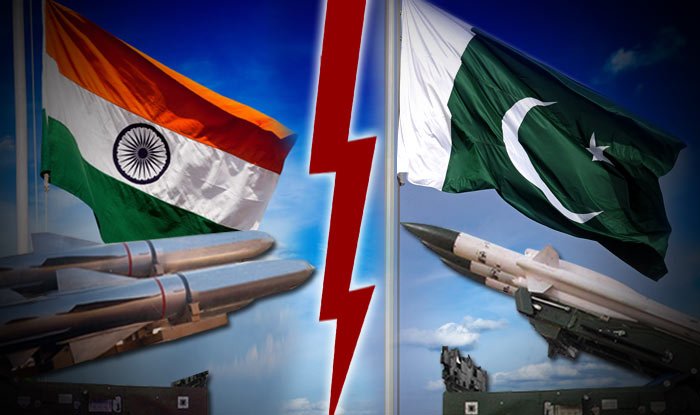EDITORIAL
The recent revelation made by former US Secretary of State Mike Pompeo in his newly launched memoir that Pakistan and India came close to a nuclear exchange following the Balakot misadventure of February 2019 is a cause for concern. Pompeo claims that if it weren’t for America’s intervention, South Asia would have witnessed a catastrophe. He recounts receiving a call from his Indian counterpart, who feared Pakistan was planning to mobilize its nuclear weapons against India, and that New Delhi was preparing “its own escalation”. The possibility of both sides preparing to deploy their nuclear assets after mistakenly believing the other would strike first is a terrifying thought.
It is imperative that both Pakistan and India review the protocols in place to ensure such misunderstandings do not recur. Maturity is needed where nuclear weapons are involved, and both states must jointly work towards preventing misunderstandings in the future, instead of waiting for third countries to defuse the situation. The best route to prevent misunderstandings is to use the hotline between the Directors General of Military Operations (DGMOs), especially when ties are tense. Direct contact between senior generals from the two armies can serve to defuse crises and prevent misconceptions from deteriorating into conflict.
Additionally, the public must be reassured that the hotline is active and that both militaries are working to disengage from hostile positions. While the DGMOs’ hotline is one measure to contain conflict, other channels must also be employed to prevent any situations like the one described by the ex-US Secretary of State from recurring. Right now, bilateral ties are in a decidedly low phase, with no high commissioner present in either capital, and no real desire, particularly on the Indian side, to carry the peace process forward. It is in times like these, when contact is minimal to non-existent, that crises can transform into conflict.
A nuclear exchange between both states should be unthinkable, which is why both capitals need to keep talking and to manage any situation maturely. The world has witnessed the devastating effects of nuclear war, and it is crucial that Pakistan and India take all necessary measures to prevent such a catastrophe from occurring on their soil. Both nations must prioritize peace and diplomacy over war and hostility. The international community must also play its part in encouraging both sides to de-escalate tensions and work towards a peaceful resolution.
In conclusion, the revelation made by former US Secretary of State Mike Pompeo is a stark reminder of the dangers of nuclear war. It is imperative that both Pakistan and India review their protocols and work towards preventing misunderstandings in the future. The hotline between the DGMOs must be utilized, and other channels must also be employed to prevent any situations like the one described by the ex-US Secretary of State from recurring. It is only through maturity, dialogue, and diplomacy that we can hope to avoid a nuclear catastrophe in South Asia.
Read more:
















